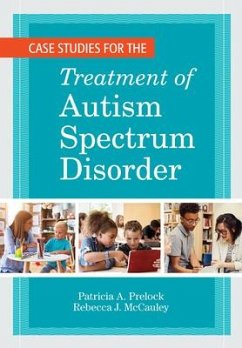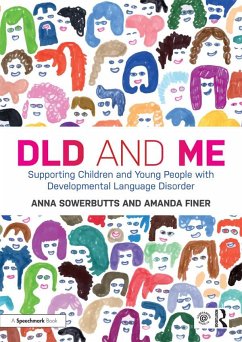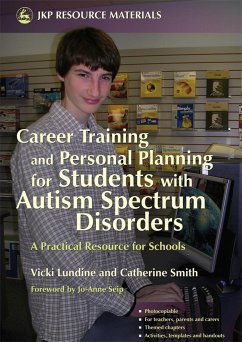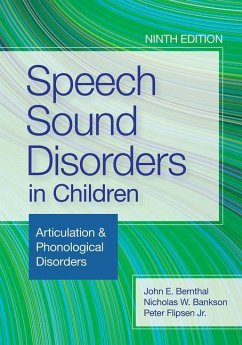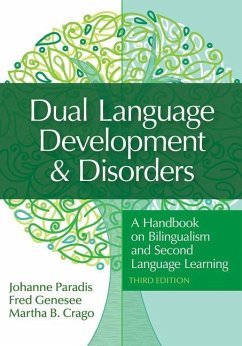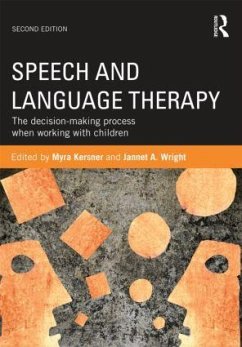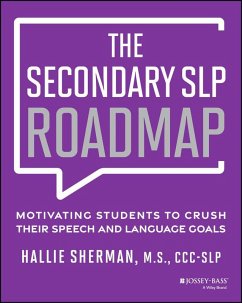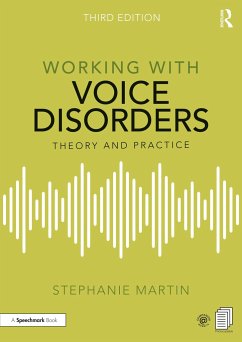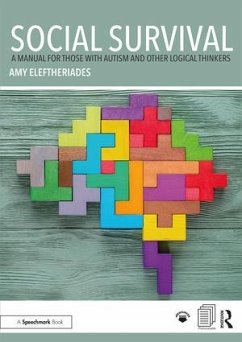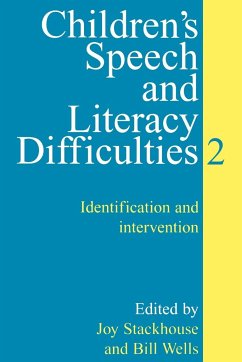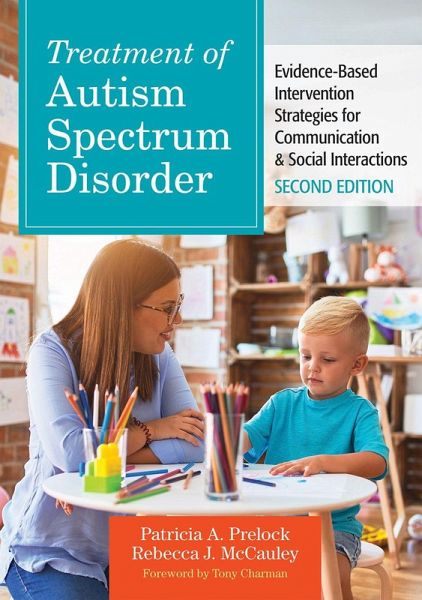
Treatment of Autism Spectrum Disorder
Evidence-Based Intervention Strategies for Communication & Social Interactions
Herausgeber: Prelock, Patricia A; McCauley, Rebecca J
Versandkostenfrei!
Versandfertig in über 4 Wochen
73,99 €
inkl. MwSt.

PAYBACK Punkte
37 °P sammeln!
The new edition of this practical accessible text introduces preservice SLPs to 12 evidence-based interventions that improve the communication and social skills of people with autism spectrum disorder.




